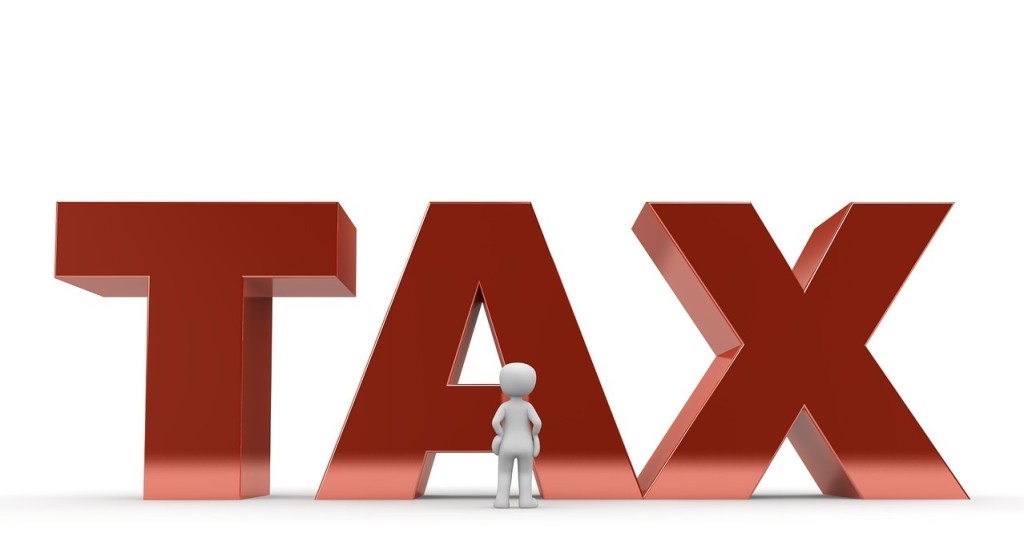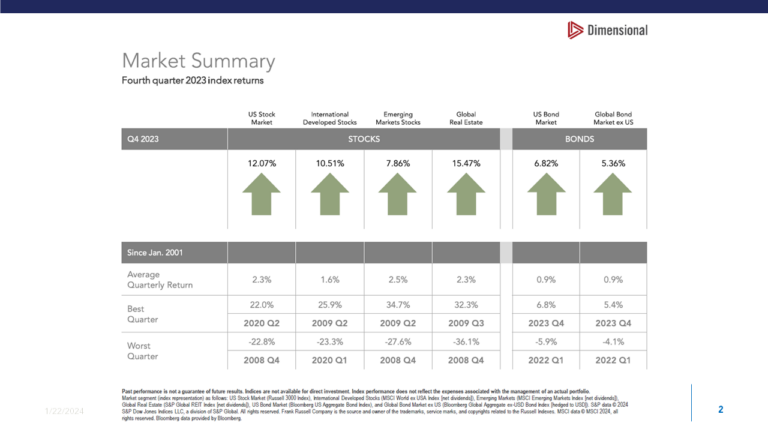1. Organize your paperwork.
- Review your prior year tax return to help you think about what you could be missing. Also consider what has changed this year compared to last year.
- Online access to your various accounts may expedite the process of collecting all your documents. Usually you will get an email when forms are ready rather than waiting for them to come in the mail.
2. Consider taking advantage of free filing.
- If your tax situation is fairly simple you may be able to take advantage of free filing websites. Depending on what website you use they have limits on how high your adjusted gross income can be to file for free.
- To see a full list of websites and limitations check out this page on the IRS website: https://apps.irs.gov/app/freeFile/jsp/index.jsp?ck
3. Call your CPA or tax preparer early.
- Due to high demand for their services during tax times CPAs and other tax preparers can have very busy schedules. They usually extend their hours into evenings and weekends to accommodate the demand. You should always call to get an appointment early, especially if you are a new client.
4. Email your tax documents securely.
- Most tax documents include sensitive information like account and Social Security numbers. If you would like to send these types of items to your tax preparer through email ask them if they have software to encrypt the emails. If they have such software they will send you a secure link that you can use to upload files.
5. Think about how you want to receive your refund or pay your tax bill.
- Bring your routing number and account number with you in order to receive electronic deduction or payment. According to the IRS, 8 out of 10 taxpayers use direct deposit and it costs taxpayers more than $1 for every paper refund check issued.
6. Did you owe or receive a substantial amount?
- If so consider updating your W4 to withhold more or less. It’s normal to be excited by large a refund, but the government does not pay you interest on the amount they owe to you. It is better to receive those funds in your paycheck throughout the year and put those funds to work in more productive ways.
- Most tax refunds are issued in less than 21 days.
7. How long should you keep your tax records and returns?
- It depends on your situation. It makes a difference whether you are an individual filer or if you own a small business. In case of fraud the IRS usually requires that you keep tax records indefinitely.
- To see a full list of recommendations check out this page on the IRS website: https://www.irs.gov/newsroom/tax-preparedness-series-tax-records-what-to-keep
Elise Murphy, CFP®
Financial Advisor


